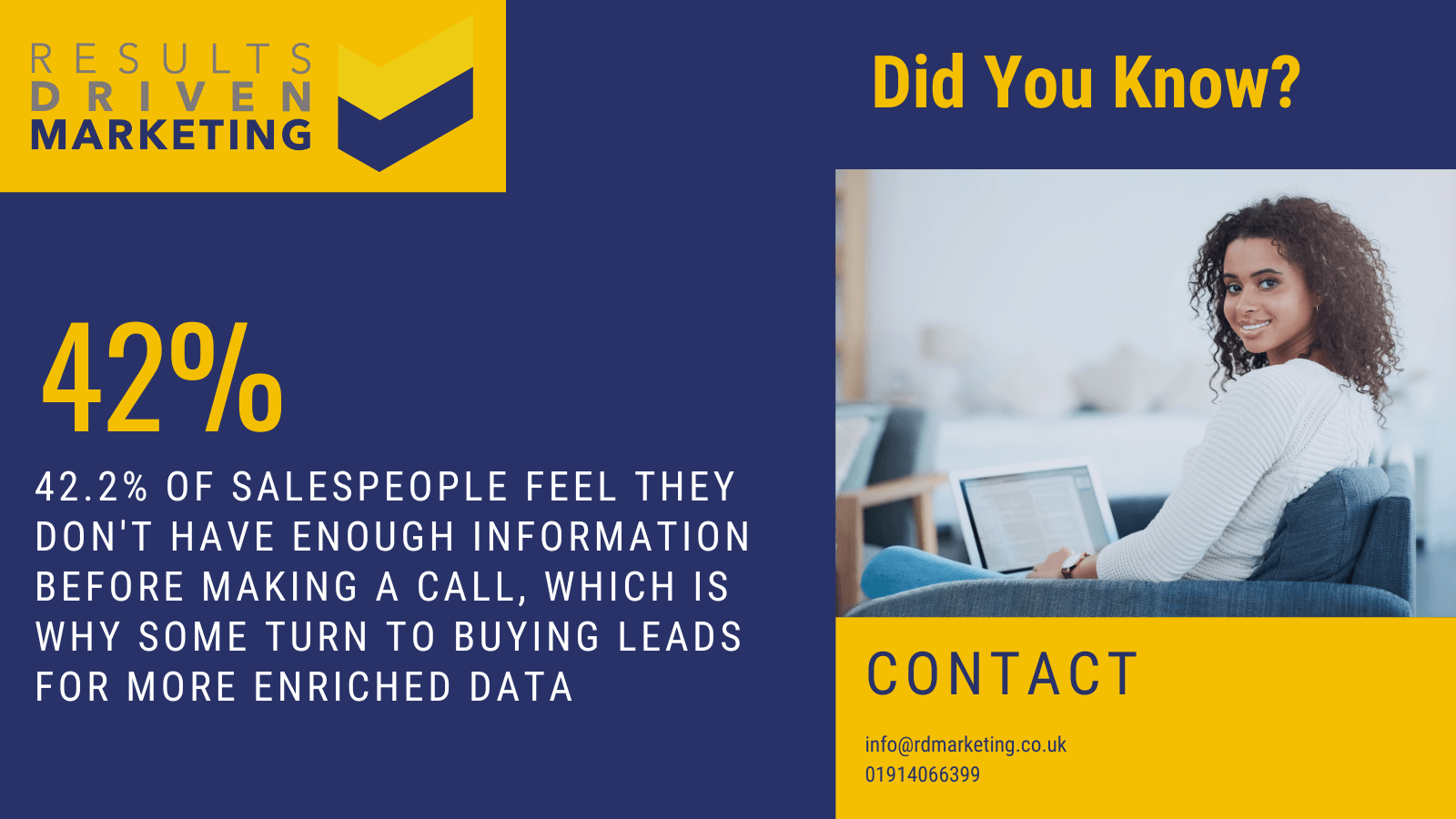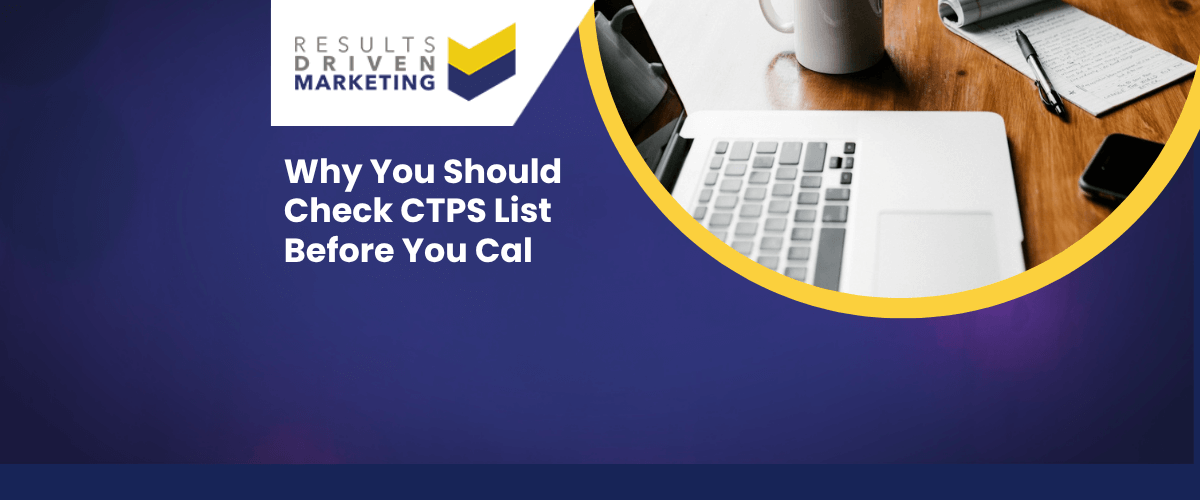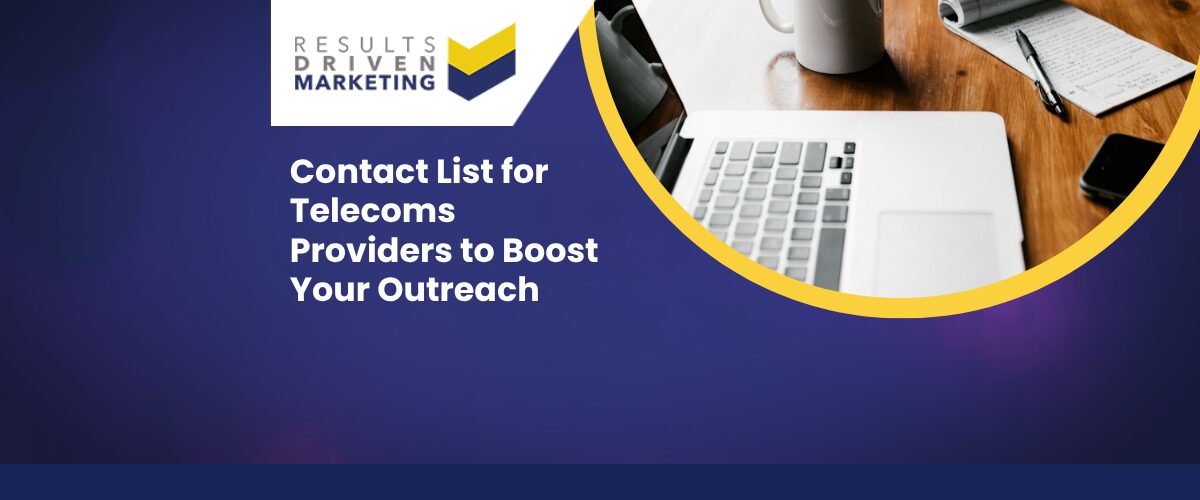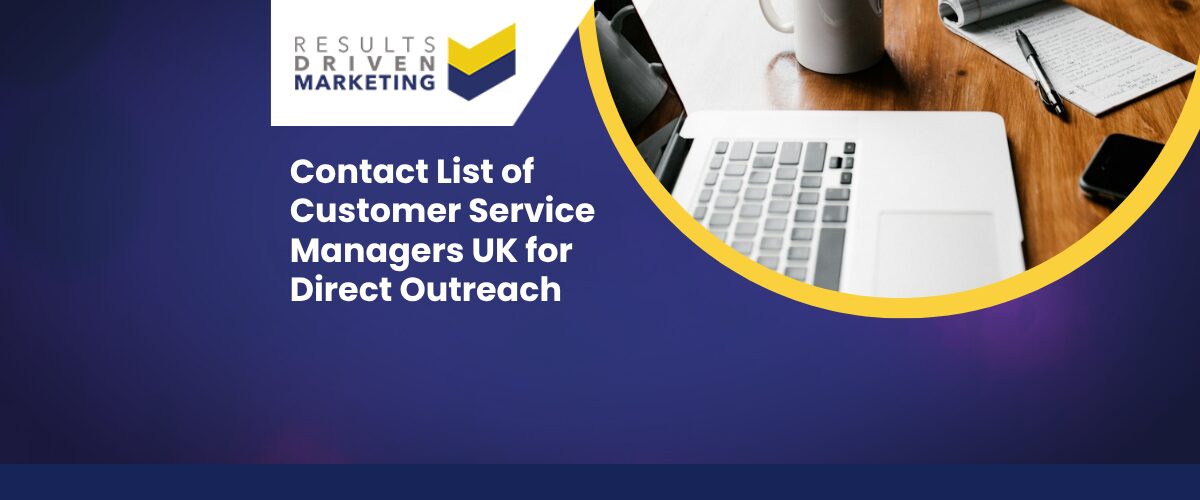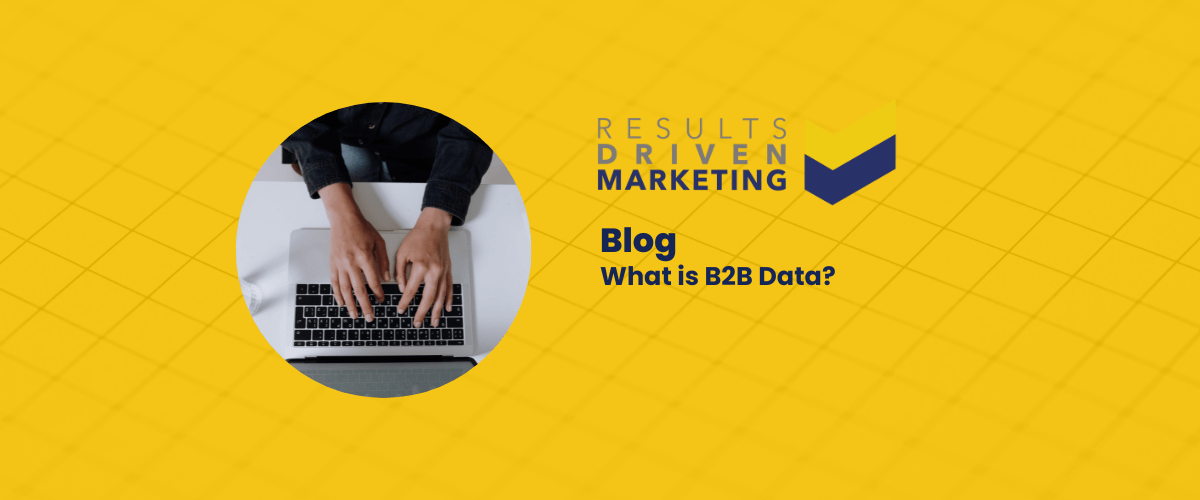
What is B2B Data?
What is B2B data? is a question echoing in the corridors of modern business, as companies strive to harness the power of information in an increasingly digital age 🙂
This article delves deep into the realm of data, shedding light on its intricacies, its significance in shaping business strategies, and how it stands as a cornerstone in the edifice of today’s commerce. Join us as we unravel the layers behind this pivotal term and explore the transformative potential it holds for businesses worldwide.
What is B2B data?
B2B data, or Business-to-Business data, is essentially the information that businesses exchange with each other. This isn’t just any data; it’s the kind that holds immense value. Think of it as the intricate web of details that companies share, whether it’s for partnerships, sales, or other forms of collaboration.
It encompasses everything from company financials, employee details, and product specifications, to client lists and more. In essence, B2B data is the lifeblood that keeps the corporate world interconnected and functioning seamlessly.
Why is B2B data important?
- Driving Decision Making: One of the primary reasons data is so vital is its role in decision-making. Armed with the right data, businesses can make informed choices, be it in marketing strategies, product development, or identifying new market opportunities.
- Enhancing Partnerships: When companies collaborate, having access to accurate B2B data ensures that partnerships are fruitful and based on trust. It’s like having a roadmap that guides businesses in how they can best support each other.
- Optimising Operations: B2B data isn’t just about external interactions; it’s also about refining internal processes. By understanding data trends and patterns, companies can streamline operations, reduce costs, and increase efficiency.
- Boosting Sales and Marketing: In the realm of sales and marketing, B2B data is a goldmine. It allows businesses to target their audience more effectively, personalise campaigns, and ultimately drive better results.
In conclusion, B2B data isn’t just a buzzword. It’s a powerful tool that, when leveraged correctly, can propel a business to new heights. Whether you’re a seasoned business professional or just starting out, understanding the nuances of B2B data is crucial in today’s competitive landscape.
Utilisation of B2B Data
As we venture deeper into the realm of B2B data, it becomes evident that its significance isn’t just in its existence, but also in how it’s harnessed. The real magic, so to speak, lies in the utilisation of this data. So, let’s take a moment to explore how B2B data is used, how it’s gathered, the solutions it offers, and the challenges it presents.
How is B2B data used?
B2B data, while a simple term, has a myriad of applications. Here’s a glimpse into its multifaceted uses:
- Strategic Planning: At its core, B2B data aids in shaping the strategic direction of a company. By understanding market trends, customer preferences, and competitor movements, businesses can chart a course for success.
- Customer Insights: Ever wondered what your customers truly desire? B2B data provides a window into their needs, preferences, and behaviours, allowing for tailored offerings and enhanced customer satisfaction.
- Operational Efficiency: By analysing data, companies can identify bottlenecks, streamline processes, and enhance overall operational efficiency.
- Risk Management: In the unpredictable world of business, data acts as a compass, helping companies navigate potential risks and make informed decisions.
- Direct Marketing: Postal, telephone and email marketing lists are mainstays of marketing departments.
How is B2B data collected?
The collection of B2B data is an art in itself. Here’s a step-by-step breakdown:
Surveys and Feedback Forms: Direct feedback from clients, partners, and stakeholders provides invaluable data.
Digital Footprints: Online interactions, website visits, and social media engagements are goldmines of data.
Public Records: Government publications, financial reports, and public databases offer a wealth of B2B data.
Trade Shows and Conferences: These events are hubs for data collection, with businesses sharing insights, products, and services.
Purchased: You can use reliable third part data suppliers, like Results Driven Marketing, to buy b2b data.
B2B data solutions
While the world of B2B data might seem overwhelming, there are solutions designed to simplify and optimise its use:
- Data Analytics Platforms: These tools help in sifting through vast amounts of data, extracting meaningful insights.
- CRM Systems: Customer Relationship Management systems store and manage B2B data, ensuring it’s easily accessible and actionable.
- Data Cleansing Services: To ensure the accuracy and relevance of B2B data, these services identify and rectify any inconsistencies or inaccuracies.
B2B data challenges
However, like all things, B2B data comes with its set of challenges:
- Data Security: With cyber threats looming large, ensuring the security of B2B data is paramount.
- Data Accuracy: Outdated or incorrect data can lead to misguided decisions, making regular updates crucial.
- Integration Issues: Merging new data with existing databases can be a complex task, requiring specialised tools and expertise.
- Regulatory Compliance: With regulations like GDPR in place, businesses must ensure that their B2B data practices are compliant.
In essence, while data offers a plethora of opportunities, it’s essential to be aware of the challenges and equip oneself with the right tools and knowledge to harness its full potential.
Types and Sources of B2B Data
Navigating the expansive world of B2B data can sometimes feel like a journey through a vast forest, with each tree representing a different type or source of data. But fear not, for we’re here to guide you through this intricate landscape, shedding light on the various types, sources, and attributes of B2B data. So, let’s embark on this enlightening journey, shall we?
B2B data sources
When we talk about where data comes from, it’s akin to tracing the roots of a tree. Here’s a look at some primary sources:
- Trade Associations: These bodies often have a treasure trove of industry-specific data.
- Government Databases: Public records and official statistics offer a wealth of reliable data.
- Subscription Services: Companies often subscribe to services that provide regular updates and insights.
- Social Media: Platforms like LinkedIn and Twitter are goldmines for B2B interactions and insights.
- Webinars and Online Events: These digital platforms offer insights into industry trends and participant details.
- Market Research: Dedicated research, both online and offline, provides a deep dive into specific areas of interest.
Types of B2B data
Now, when we talk about the types of data, it’s like categorising the various species in our forest analogy:
- Transactional Data: This covers all data related to sales, purchases, and other business transactions.
- Operational Data: Details related to the day-to-day operations of a business.
- Financial Data: Everything from balance sheets, profit and loss statements, to future financial forecasts.
- Contact Data: Information related to business contacts, be it clients, partners, or stakeholders.
- Product Data: Specifics about products or services offered by a business.
- Behavioural Data: Insights into how businesses interact, their preferences, and behavioural patterns.
What are typical B2B data attributes?
Attributes are like the unique features or characteristics of each data type. Here’s a glimpse:
- Company Size: Often used to segment businesses based on their scale.
- Industry Type: Categorising businesses based on the industry they operate in.
- Geographical Location: Pinpointing the physical location or operational region of a business.
In essence, understanding the types, sources, and attributes of data is akin to having a detailed map of our forest. It allows businesses to navigate with confidence, ensuring they harness the full potential of what B2B data has to offer.
Providers and Platforms
In the grand tapestry of B2B data, there are certain entities that stand out as the weavers, the ones who bring all the threads together to create a coherent picture. These are the providers and platforms that specialise in B2B data. Just as a craftsman relies on quality tools to produce impeccable work, businesses lean on these providers to access top-notch B2B data. B2B data providers
When we talk about B2B data providers, like Results Driven Marketing, we’re referring to those specialised entities that have made it their mission to gather, refine, and distribute B2B data. Here’s a snapshot of what they bring to the table:
- Expertise: These providers have honed their skills over the years, understanding the intricacies of what is B2B data and how best to collect and curate it.
- Wide Network: Their reach often spans across industries and geographies, ensuring a diverse and comprehensive data pool.
- Tailored Solutions: Recognising that no two businesses are the same, many B2B data providers offer customised solutions to cater to specific needs.
- Quality Assurance: With a reputation to uphold, these providers ensure that the data they offer is accurate, up-to-date, and relevant.
- Diverse Data Types: Beyond just B2B, these providers might offer data related to consumer behavior, market trends, and more.
- Technological Integration: Many data providers today integrate seamlessly with modern tech platforms, ensuring easy access and utilisation of the data.
- Research and Development: Continuously evolving, these providers invest in R&D to stay ahead of the curve and offer the latest insights.
- Ethical Data Collection: In today’s age, where data privacy is paramount, reputable data providers ensure that their methods are transparent and ethical.
In the grand scheme of things, providers and platforms play a pivotal role in the data ecosystem. They’re the bridge that connects businesses to the valuable insights they seek, ensuring that the question of “what is B2B data” is not just answered but fully understood and leveraged for success.
B2B Data in Business Operations
Navigating the bustling avenues of the business world, one can’t help but notice the towering skyscrapers of B2B data. These structures, while impressive, come with their own set of rules and guidelines. After all, in the realm of business, where data is akin to currency, it’s imperative to handle it with care, ensuring compliance and best practices.
B2B data best practices
Beyond just compliance, there’s an art to handling data, ensuring that it’s not just stored, but also utilised effectively. Here are some best practices that businesses swear by:
- Regular Data Audits: Periodically checking the data you have ensures accuracy and relevance. It’s like spring cleaning, but for data.
- Data Encryption: In a world where cyber threats lurk around every corner, encrypting sensitive data is a must.
- Training and Awareness: Ensuring that every team member understands the importance of data and how to handle it is crucial. After all, knowledge is power.
- Backup and Recovery: Accidents happen. Having a robust backup and recovery system ensures that data is safe, come what may.
In essence, while the question of “what is B2B data” might seem simple, the nuances of handling, storing, and utilising it are intricate. By understanding the regulations and best practices, businesses can ensure that they’re not just compliant but also efficient in their data operations.
B2B Databases
If we were to liken the world of business to a grand library, then B2B databases would be those meticulously curated card catalogs that guide us to the right bookshelf. They’re the repositories of knowledge, the storehouses of invaluable data.
But what is a B2B database, really? And how do businesses ensure that these databases function seamlessly? Let’s turn the pages and dive into this chapter, shall we?
What is a B2B database?
At its core, a B2B database is a structured collection of business-to-business data. But it’s so much more than just a compilation:
- Centralised Repository: Think of it as a treasure chest, where all the B2B data gems are safely stored and cataloged.
- Dynamic and Evolving: Just as a river constantly flows, a B2B database is ever-evolving, with new data being added and outdated data being pruned.
- Accessible and Searchable: What good is a treasure if you can’t find it? B2B databases are designed to be easily navigable, ensuring that the right data is always at one’s fingertips.
- Diverse Data Types: From contact details, company financials, to transaction histories, a database encompasses a wide range of data types, answering the perennial question of “what is B2B data” in its entirety.
B2B database processes
Managing a B2B database isn’t just about storage; it’s an intricate dance of various processes that ensure its efficiency:
Data Collection: The first step, where raw data is gathered from various sources, be it surveys, online interactions, or trade events.
Data Cleansing: Here, the data is refined. Any inaccuracies, redundancies, or outdated information is rectified, ensuring the database’s integrity.
Data Integration: As new data flows in, it’s seamlessly integrated with the existing database, like adding new books to a library.
Data Security: With the value that B2B data holds, ensuring its security is paramount. Encryption, access controls, and regular audits are part of this process.
Data Retrieval and Analysis: The true power of a B2B database lies in its utilisation. Advanced analytics tools sift through the data, extracting insights and facilitating informed decision-making.
In conclusion, a database is not just a static entity; it’s a dynamic and vital tool in the business arsenal. By understanding its processes and significance, businesses can truly harness the power of data, propelling them to new heights in the competitive landscape.
B2B Data Trends
In the ever-shifting sands of the business landscape, B2B data stands as a beacon, guiding companies to success. But like everything else, B2B data too has its trends, its moments in the sun.
As we find ourselves in 2023, there are some trends that have taken centre stage, shaping the way businesses perceive and utilise data. Let’s take a moment, shall we, to explore these trends and understand what they mean for the world of business?
Top three B2B data trends in 2023
AI-Powered Data Analytics: The marriage of data with Artificial Intelligence has birthed a new era of data analytics. Companies are now leveraging AI to sift through vast amounts of data, extracting insights that were previously unimaginable. It’s like having a magnifying glass that not only zooms in but also highlights the most crucial details.
Data Privacy and Ethical Collection: With increasing awareness about data rights and privacy, there’s a growing emphasis on ethical data collection. Businesses are not just asking “what is B2B data”, but also “how was it obtained?”. Transparent and consensual data collection methods are becoming the norm.
Real-time Data Integration: In the fast-paced world of business, real-time data has become invaluable. Companies are now integrating real-time data feeds into their operations, ensuring they always have their finger on the pulse of the market.
Advantages and Disadvantages of Using B2B Databases
Every coin has two sides, and data is no exception. While it offers a plethora of benefits, there are also certain challenges and considerations that businesses need to be aware of. Let’s dive into this duality, exploring both the advantages and disadvantages of B2B data.
What are the advantages of using b2b data?
- Informed Decision Making: With access to accurate data, businesses can make decisions that are rooted in facts and insights.
- Enhanced Customer Engagement: Understanding customer behaviour and preferences allows for tailored marketing campaigns and product offerings.
- Operational Efficiency: data can highlight operational bottlenecks, paving the way for streamlined processes and cost savings.
- Strategic Growth: By identifying market trends and opportunities, data can guide businesses in their growth strategies.
What are the disadvantages of using b2b data?
- Data Overload: With the sheer volume of data available, businesses can sometimes feel overwhelmed, struggling to extract meaningful insights.
- Data Security Concerns: Storing and managing data comes with the risk of cyber threats and data breaches.
- Potential for Inaccuracies: If not regularly updated and cleansed, data can become outdated, leading to misguided decisions.
- Regulatory Challenges: Navigating the complex web of data regulations can be challenging for businesses.
Is using b2b data a good idea?
Absolutely! While there are challenges, the benefits of using B2B data far outweigh the disadvantages. It’s like having a compass in the world of business, guiding companies towards success. However, it’s crucial for businesses to be aware of the potential pitfalls and navigate them with care.
What are the key considerations when using b2b data?
- Data Source Verification: Always ensure that the B2B data is sourced from reputable providers.
- Regular Data Audits: Periodically review and cleanse the data to maintain its accuracy and relevance.
- Data Security Measures: Implement robust security protocols to safeguard the data.
- Compliance with Regulations: Stay updated with the latest data regulations and ensure compliance.
What are the alternatives to using b2b data?
While B2B data is invaluable, there are alternative methods businesses can employ:
- Primary Research: Conducting surveys, interviews, and focus groups to gather firsthand data.
- Expert Opinions: Leveraging industry experts and consultants for insights.
- Case Studies: Analysing real-life business scenarios and outcomes to guide decision-making.
In essence, while B2B data is a powerful tool in the business toolkit, it’s essential for companies to be aware of both its potential and its challenges. By striking the right balance, businesses can harness the full power of B2B data, propelling them towards unparalleled success.
FAQ
Ah, the FAQ section. A treasure trove of bite-sized insights, answering those burning questions that often dance in the minds of readers. As we delve into the world of data, there are certain queries that pop up more frequently than others. So, let’s take a moment, shall we, to address these questions, shedding light on the nuances of b2b data trends and more.
How can a user assess the quality of B2B data?
Ah, the age-old question of quality. When it comes to B2B data, quality is paramount. Here’s a step-by-step guide to assessing it:
Source Verification: Always start by checking where the data comes from. Reputable sources, like Results Driven Marketing, are often a good indicator of quality.
Data Freshness: Check the date. Fresh data is often more relevant and accurate.
Consistency Check: Look for inconsistencies or discrepancies in the data. Consistent data is often a sign of good quality.
Feedback Loop: Use a small sample of the data and assess its accuracy in real-world scenarios.
How do businesses ensure the privacy and safety of data accessed online?
In the digital age, data privacy and safety are of utmost importance. Here’s how businesses typically ensure it:
- Encryption: Encrypting data ensures that even if it’s accessed by unauthorised entities, it remains unreadable.
- Two-Factor Authentication: An added layer of security that requires two forms of verification before granting access.
- Regular Security Audits: Periodic checks to identify and rectify potential vulnerabilities.
- Employee Training: Ensuring that all employees are aware of and adhere to data privacy protocols.
How do B2B data providers ensure GDPR compliance?
Ah, GDPR, the regulation that changed the data landscape. Here’s how B2B data providers typically ensure compliance:
- Consent Management: Ensuring that data is collected only after obtaining explicit consent from individuals.
- Data Minimisation: Collecting only the data that is absolutely necessary.
- Right to Erasure: Allowing individuals to request that their data be deleted.
- Transparency: Clearly communicating how the data will be used and ensuring it’s used only for that purpose.
What is the role of AI in B2B data management?
AI, the marvel of modern technology, plays a pivotal role in B2B data management. Here’s a glimpse:
- Data Analysis: AI algorithms can sift through vast amounts of data, extracting meaningful insights that might be missed by human analysts.
- Predictive Analytics: Using historical data to predict future b2b data trends.
- Data Cleansing: AI can identify and rectify inconsistencies in data, ensuring its accuracy.
- Automation: Automating routine data management tasks, ensuring efficiency and accuracy.
How does B2B data impact content marketing strategies?
B2B data and content marketing go hand in hand. Here’s how:
- Audience Understanding: B2B data provides insights into the target audience, allowing for tailored content.
- Content Personalisation: Using data to create content that resonates with specific segments of the audience.
- Performance Analysis: Assessing how content is performing and using data to refine strategies.
- Trend Spotting: Identifying emerging data trends and creating content that addresses them.
In essence, B2B data is like the North Star for businesses, guiding them in their journey. By understanding its nuances, ensuring its quality, and leveraging its insights, businesses can chart a course to success. And with this FAQ, we hope to have answered some of your burning questions. If not, well, the world of data is vast and ever-evolving, and there’s always more to explore!
Why Trusting and Investing in B2B Databases from Results Driven Marketing is a Game-Changer
When you are looking to buy data, why, amidst a sea of competitors, should companies place their faith in RDM’s B2B databases?
Quality Over Quantity: In the realm of data, it’s easy to get swayed by sheer volume. However, RDM understands that quality trumps quantity every single time. Their B2B databases are meticulously curated, ensuring that businesses receive data that’s not just vast, but also accurate, relevant, and actionable.
Tailored to Your Needs: One size rarely fits all, especially in the nuanced world of B2B marketing. RDM prides itself on offering bespoke database solutions, tailored to the unique needs and challenges of each business. It’s like having a custom-made suit, ensuring a perfect fit every time.
Data Security is Paramount: In an era where data breaches make headlines, RDM places an unwavering emphasis on data security. Their databases are not just repositories of information but fortresses that guard this precious commodity with state-of-the-art security measures.
Continuous Updates: The business landscape is ever-evolving, and so is the data that fuels it. RDM ensures that their B2B databases are continuously updated, ensuring that businesses always have their finger on the pulse of the market.
Transparent Practices: Trust is built on transparency. RDM operates with an open-book policy, ensuring that businesses know exactly where their data is sourced from, how it’s processed, and how it can be leveraged.
Unparalleled Customer Support: Venturing into the world of B2B data can be daunting. RDM offers unparalleled customer support, guiding businesses every step of the way, from choosing the right database to leveraging it for maximum impact.
Cost-Effective Solutions: Investing in a B2B database is not just about purchasing data; it’s about securing a competitive advantage. RDM offers cost-effective solutions, ensuring that businesses get exceptional value for their investment.
In conclusion, in the intricate dance of B2B marketing, data is the rhythm that guides every move. By trusting and investing in B2B databases from Results Driven Marketing, businesses are not just buying data; they’re securing a partner that’s committed to their success, every step of the way. So, the next time you find yourself pondering over which B2B database provider to choose, remember: with RDM, you’re not just making a choice; you’re making a winning move.
Responder: The UK’s Number One Email Marketing Platform
In the bustling world of digital marketing, where every brand is vying for a slice of the audience’s attention, email marketing remains a steadfast and effective strategy. And when it comes to email marketing in the UK, one name stands out from the crowd: Responder.
Touted as the UK’s number one email marketing platform, Responder has carved a niche for itself, offering a plethora of benefits to businesses big and small. Let’s dive in and explore the myriad advantages of using Responder.
User-Friendly Interface One of Responder’s standout features is its intuitive interface. Even those new to the world of email marketing can navigate its dashboard with ease, setting up campaigns, segmenting lists, and analysing results without breaking a sweat.
Robust Analytics In the age of data-driven marketing, Responder shines bright. The platform offers comprehensive analytics, allowing businesses to track open rates, click-through rates, and conversion metrics. This data-driven approach ensures that brands can tweak and optimise their campaigns for maximum impact.
Personalisation at its Best Responder understands that today’s consumers crave personalised experiences. The platform offers advanced segmentation tools, ensuring that every email is tailored to the recipient’s preferences and behaviours. This level of personalisation boosts engagement and fosters brand loyalty.
Mobile Optimisation With a significant chunk of emails being opened on mobile devices, Responder ensures that every email looks impeccable, regardless of screen size. Their templates are designed to be mobile-responsive, ensuring a seamless experience for the end-user.
Seamless Integrations Responder plays well with others. The platform seamlessly integrates with a host of third-party applications, from CRM systems to e-commerce platforms. This interoperability ensures that businesses can streamline their operations and manage their marketing efforts under one unified umbrella.
Compliance Made Easy In the ever-evolving landscape of data protection and privacy laws, Responder ensures that businesses remain compliant. The platform adheres to the latest regulations, offering features like double opt-in and easy unsubscribe options, ensuring that brands can focus on crafting compelling content without fretting over legalities.
Top-Notch Customer Support Responder’s commitment to its users doesn’t end once the campaign is sent. The platform boasts a stellar customer support team, ready to assist with any queries or issues. Whether it’s a technical glitch or a strategy question, Responder’s team is just a call or click away.
Continuous Learning Responder is not just a tool; it’s a learning hub. The platform offers a plethora of resources, from webinars to tutorials, ensuring that users can continuously upskill and stay abreast of the latest trends in email marketing.
Book a call to find out how Responder can revolutionise your email marketing campaigns
Who are we?
Providing b2b database solutions is our passion.
Offering a consultancy service prior to purchase, our advisors always aim to supply a database that meets your specific marketing needs, exactly.
We also supply email marketing solutions with our email marketing platform.
We have the best data of email lists for your networking solutions as well as direct mailing lists & telemarketing lists
A good quality b2b database is the heartbeat of any direct marketing campaign…
It makes sense to ensure you have access to the best!
Call us today on 0191 406 6399 to discuss your specific needs.



